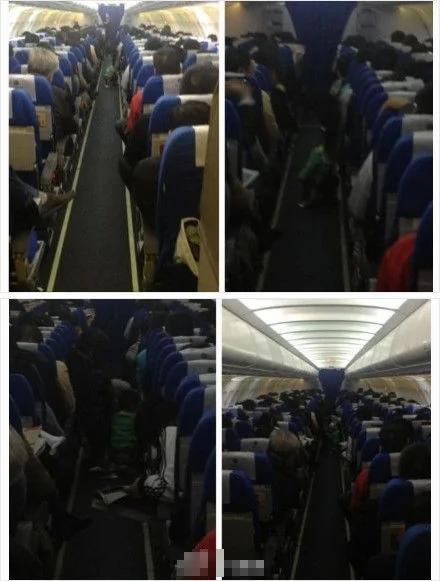The Duke Chronicle has reported that Duke Kunshan University, a joint venture university between Duke University, Wuhan University, and the city of Kunshan (connected to nearby Suzhou and farther Shanghai by high-speed rail), has stalled due to communication and funding problems, the fifth delay in three years since Duke made its first agreement with Kunshan authorities in 2010. Although construction had begun by mid-2011 (in 2009, Duke announced the campus would open in Fall 2011), Duke didn't suspect anything was amiss until early 2012 and didn't find out that the developer, Kunshan Science, Technology and Education Park, was hiring unskilled workers and lowballed cost projections, leading to corner-cutting. Now they aim for a Spring 2014 launch.
Much of the campus' construction has been plagued by information failings and lost or simply ignored requests. Communication between contractors and designers—sometimes between 40 and 50 different groups—was poorly managed, and there was no Chinese government team specifically charged with managing K-STEP's progress on DKU, said Duke project manager Dudley Willis.For all readers who have experience working on projects in China, I'll give you a moment for the déjà vu to pass. Credit where credit is due, though, since Duke is sticking to its guns about not only facilities, but having unrestricted internet on campus. Construction apparently wasn't the only cause of delay, since the Ministry of Education didn't even give DKU preliminary approval until December 2012, and the quickest they expect final approval is the end of 2013, cutting it a bit close for a Spring 2014 first semester.
Duke committed $ 5.5 million toward design and construction oversight for the project in 2010. The money pays for several private American-based firms, including Gensler, Syska Hennessy Group, Thornton Tomasetti and Jones Lange Lasalle. The latter firm currently has five on-site people—up from three in earlier years. The firms identified problems but did not have the authority to effect change. Although Duke officials visited the campus every two or three months, there was no representative on the ground in China consistently through the first few years of construction.
DKU will initially roll out a Master of Management Studies (MMS) from Duke's Fuqua School of Business and a Master of Science in Global Health through the Duke Global Health Institute for mainland students. Duke no doubt expects these top-shelf credentials in business and bio sciences, targeted at élite professional mainlanders, will make the entire operation profitable. It's possible, however, that Duke's biggest battle yet will be with its own faculty, who will submit course recommendations this month. Notice the precious usage of "unique" and "special" here:
In planning courses, the committee is on familiar ground in some respects but also will meet unique challenges as a consequence of the campus' location in China, Robisheaux said. The committee will emphasize quality, aiming to make every course offered at DKU similar in difficulty and subject matter to those offered on the Durham campus. The Faculty Committee on Courses is following its usual procedures to approve courses while applying them to the special circumstance of DKU.Two Duke faculty also raised concerns about the project and problems faced by other "Anglo-Saxon universities" (one of them is a German professor) in 2011, when the Duke Chronicle also urged administrators to "get the faculty on board." It's true that elite universities in Beijing and Shanghai enjoy much greater freedom of access to information, online and offline. I don't know if Wuhan, though in the top-tier, has the clout of a Renmin, Peking, or Tsinghua, which boast the highest number of graduates in the 18th Communist Party Central Committee [ZH]. Duke was originally partnered with Shanghai Jiaotong University, which is higher in the lists than Wuhan both in Party bigshot alumni and overall school rankings.
Meanwhile, NYU Shanghai's inaugural class of mainland and international undergraduates begins this fall. Their institutional partner is East China Normal University, which ranks way below Jiaotong or Wuhan, but then again the host city government is Shanghai/Pudong, which has a bit more weight to throw at these problems than Kunshan – not to mention that I bet NYU has a thriving MBA alumni program in Shanghai, whereas Duke alums are thin on the ground in Kunshan. Stanford, meanwhile, opened its program on Beijing University's campus last spring. Duke took the hard road choosing to build an entire campus in a location comparatively deprived of wealthy elites – we'll see if it pays off. It'll be interesting to see, particularly with NYU and Duke's mixed student bodies, how they navigate Chinese and American student's differing expectations not only about curriculum, but for dormitories, student services, and off-campus activities. Which group's norms will be the standard?














 Play Video
Play Video



















































































































